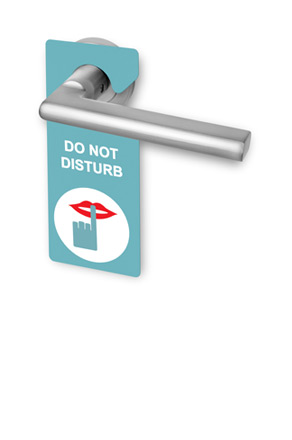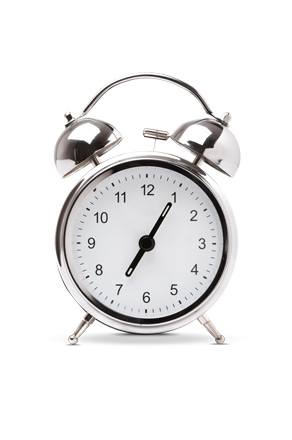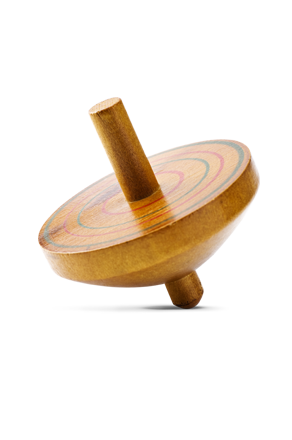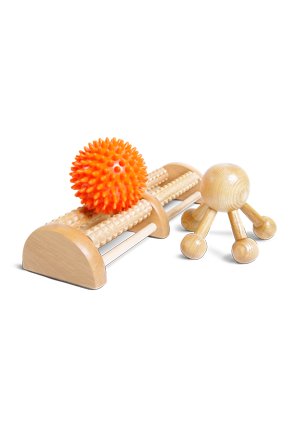As restful as sleep.

A person sleeps through around one third of their life – and that is a good thing. Healthy sleep is indispensible for a general sense of well-being. While we are sleeping, we regenerate the mental and physical energy that we used during the day. The more stress everyday life brings, the more important healthy sleep becomes – after all, a relaxed and refreshed state is the foundation for coping with daily life.
Sleep regenerates body and soul.

Sleep serves as recuperation. Innumerable body functions run on a minimum, the heart beats more slowly, and blood pressure and body temperature decrease. Breathing becomes shallower and muscle tension reduces. The energy saved during sleep is used by the body to regenerate body and soul. This also explains why ill people sense a greater need for sleep. The regenerative effect of sleep depends not only on the length of sleep, but also its quality.
Disturbed sleep at night – no reason for concern.

Short-term sleeping problems are perfectly normal and don’t require treatment. For example, if they occur after an unusually strenuous day, a heated row or a particularly pleasant experience. It is perfectly natural in these cases that what you experienced during the day cannot be pushed out of your mind at night and it takes a little longer to fall asleep. As a rule, the sleep you miss then is balanced out over the next few nights.
Forms of sleep disorder:

Difficulty falling asleep
More than half an hour passes before you fall asleep – in extreme cases, it even takes several hours.
Difficulty staying asleep:
You wake up in the night, and can only fall asleep again after a longer period of time.
Not sleeping long enough:
You already wake from your sleep in the early morning hours and find you cannot go back to sleep.


